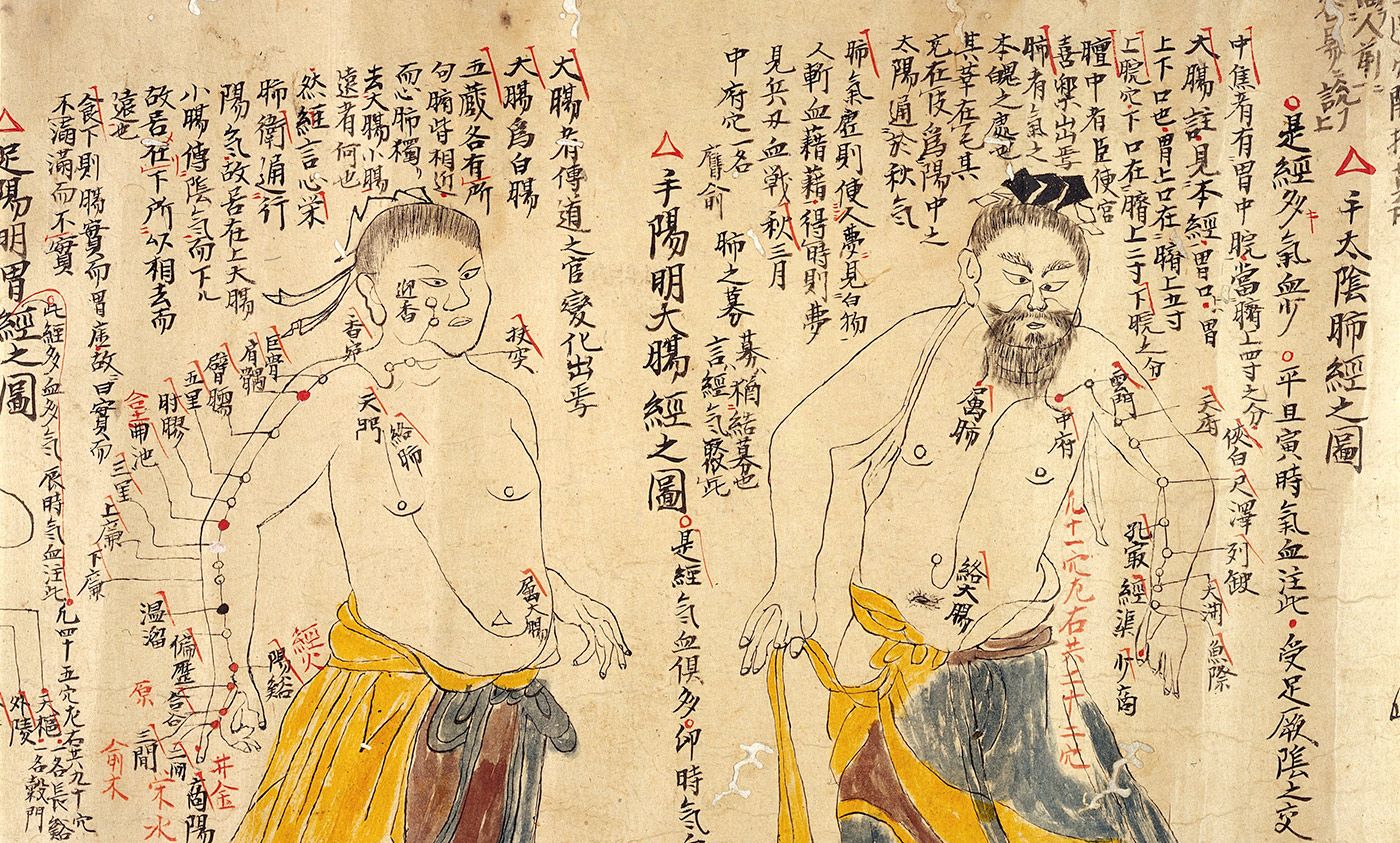Does acupuncture work by re-mapping the brain?
900 words
Edited by Pam Weintraub
Acupuncture is a form of traditional medical therapy that originated in China several thousand years ago. It was developed at a time bereft of tools such as genetic testing or even a modern understanding of anatomy, so medical philosophers did the best they could with what was available – herbs, animal products and rudimentary needles. In the process, perhaps, they stumbled on an effective medical approach.
In the past century, some modernisation has taken place. For instance, acupuncture has been paired with electrical currents, allowing for stimulation to be more continuous and to penetrate deeper into the body. This approach was termed electro-acupuncture and represents a convergence between the ancient practice of acupuncture therapy and modern forays into targeted electrostimulation delivered to the skin or nerves. Such approaches have attracted the attention of the pharmaceutical industry and are part of a growing class of neuromodulatory therapies.
So why all the rancour against acupuncture from some corners of the internet (and academia)? Shouldn’t we apply our modern research methods to see which classical acupuncture techniques have solid physiological backing?/.../

1 comment:
Hey,
Thanks for sharing such an amazing and informative post. Really enjoyed reading it . :)
Regards
Apu
Sports Medicine Acupuncture
Post a Comment